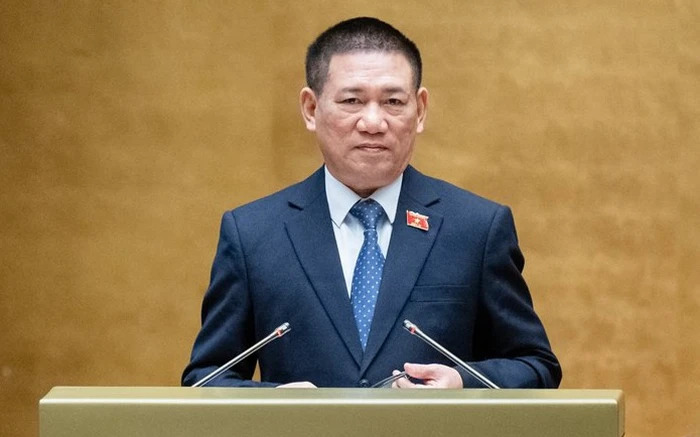Vietnam approved a regulated crypto trading pilot program requiring platforms to have minimum capital of $379 million and limiting foreign ownership to 49%.
Vietnam launched a comprehensive pilot program for crypto asset markets on September 9, 2025, following the signing of Government Resolution No. 5/2025/NQ-CP by Deputy Prime Minister Ho Duc Phoc. The resolution establishes a five-year trial period for the development and testing of crypto asset market infrastructure in the Southeast Asian nation.

The pilot program establishes strict requirements for crypto trading platforms. Only Vietnamese companies registered as limited liability or joint-stock companies can launch trading platforms and issue crypto assets. Licensed Crypto Asset Service Providers must maintain minimum capital of 10 trillion Vietnamese Dong, approximately $379 million, contributed by at least two companies including commercial banks, securities firms, fund managers, insurance companies, or technology companies that have been profitable for two consecutive years.
Foreign ownership in trading platforms is capped at 49 percent, while all transactions including issuance, trading, and payments must be conducted in Vietnamese Dong. Crypto assets must be backed by real assets, excluding fiat currencies and securities. Vietnamese crypto holders and foreign investors can open accounts on licensed platforms, but individuals are restricted to using only one exchange.
The program includes plans to develop crypto sandboxes within proposed international financial centers in Danang and Ho Chi Minh City. After a six-month transition period following the first license issuance, trading on unlicensed platforms will become illegal for Vietnamese citizens, though specific penalties have not been announced.

This regulatory framework represents a dramatic shift from Vietnam's previous warnings about crypto risks. The country consistently ranks high in global crypto adoption surveys, and the government now views blockchain, crypto, and digital infrastructure as key drivers for economic growth. The pilot program aims to test market dynamics and consumer protections while developing a comprehensive long-term regulatory framework.
The strict capital requirements and ownership restrictions reflect Vietnam's cautious approach to crypto regulation while maintaining domestic control over the emerging sector. Licensed CASPs must meet specific capital and personnel requirements, including designated experience levels for chief executive officers and chief technology officers.
The success of this pilot program could position Vietnam as a major regulated hub for digital finance in Southeast Asia, potentially attracting significant investment and establishing the country as a regional leader in crypto regulation. The program's emphasis on asset-backed crypto and Vietnamese Dong transactions suggests authorities are prioritizing financial stability while embracing digital asset innovation.
 PEPE0.00 -1.54%
PEPE0.00 -1.54%
 TON1.30 -2.74%
TON1.30 -2.74%
 BNB591.97 -5.34%
BNB591.97 -5.34%
 SOL81.15 -3.25%
SOL81.15 -3.25%
 XRP1.37 -2.49%
XRP1.37 -2.49%
 DOGE0.09 -3.08%
DOGE0.09 -3.08%
 TRX0.27 -0.98%
TRX0.27 -0.98%
 ETH1949.43 -2.78%
ETH1949.43 -2.78%
 BTC67040.25 -2.11%
BTC67040.25 -2.11%
 SUI0.90 -3.43%
SUI0.90 -3.43%








